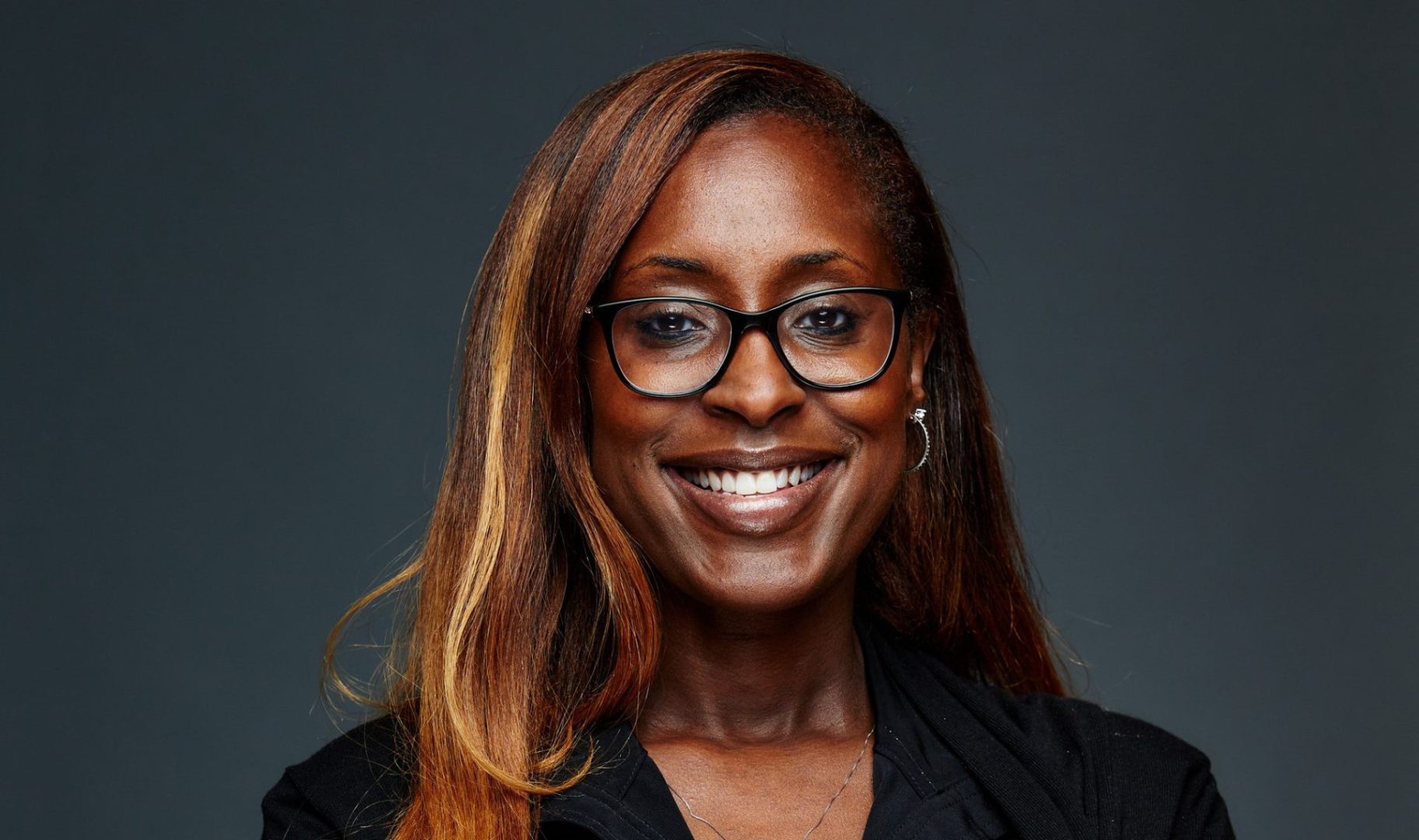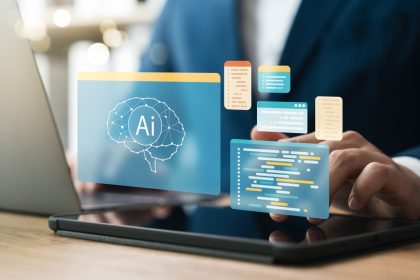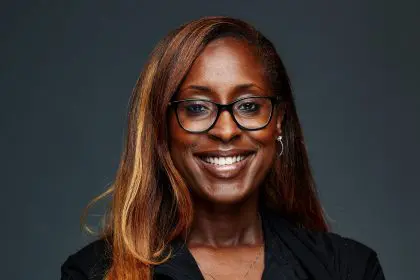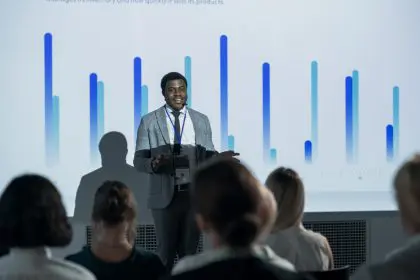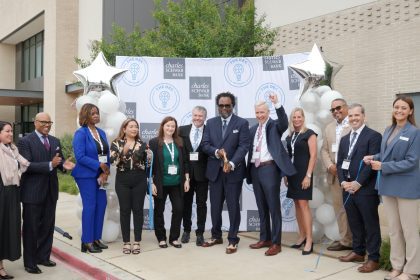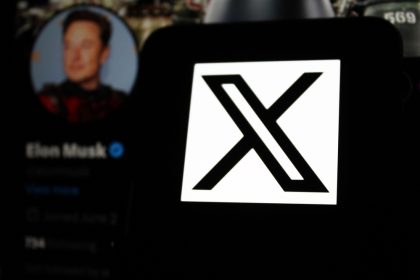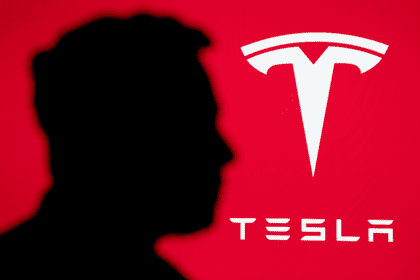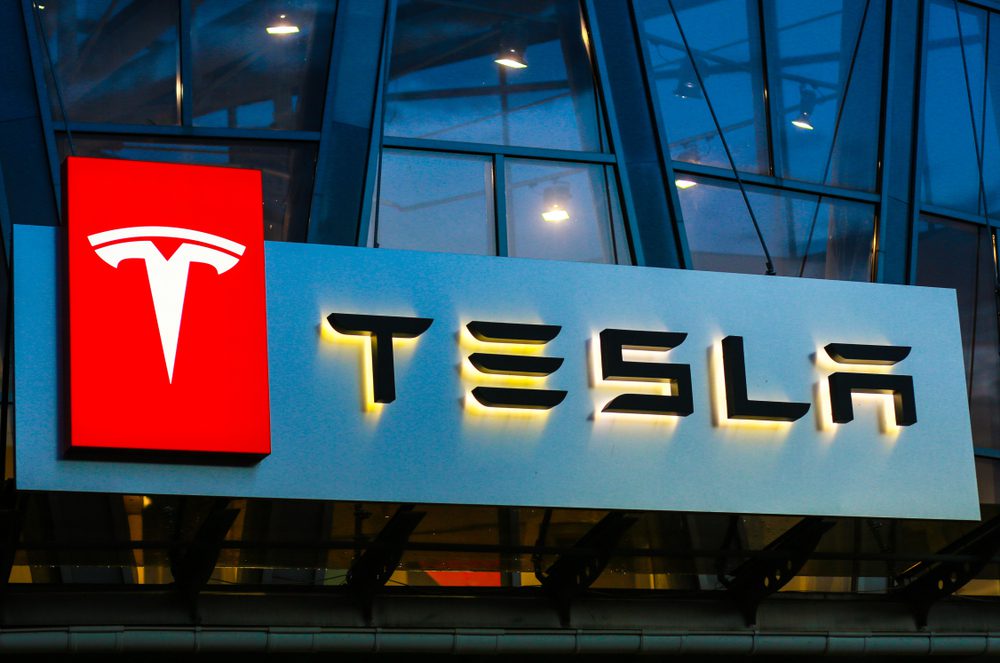In the serene backrooms of Innovation Depot in Birmingham, Alabama, a quiet revolution in business intelligence is taking shape. Teasha Cable, CEO and co-founder of CModel Data, Inc., speaks with a clarity that cuts through the typical startup jargon. Her company, which she describes as a “decision intelligence company,” has developed a unified platform aimed at solving what may be the most fundamental business problem: fragmented decision-making.
“Most people end up with stagnant strategies,” Cable explains, her voice steady with conviction. “Their business core strategy is not necessarily sound, and when a business doesn’t grow, nor does the economy.”
Trust as the missing link
In a world obsessed with data and metrics, Cable has identified something more fundamental at the heart of business failure: trust. “Often what goes missing in the decision-making process within an organization, which is any group of people coming together to do something, is trust,” she says. “Without that trust, most people are really stopped at the door.”
This insight didn’t come from abstract theorizing. Before founding CModel, Cable built an impressive resume as a VP of business operations, revenue operations, and business and product strategy. Her time at Singularity University had her helping large companies avoid disruption from exponential technologies like AI. These experiences taught her that transparent communication creates alignment, which ultimately leads to better decisions.
“You don’t have to spill all the beans in one place,” she clarifies, “but you certainly need to make sure the right amount of information is available to people up and down the spectrum at the right time.”
From Silicon Valley to the Southeast
Perhaps Cable’s most surprising decision was relocating CModel from California to Birmingham, Alabama—a move that reflects her philosophy of seeking opportunity in unexpected places.
“I did not expect or know that I’d find the mist of opportunity that I’ve found in Birmingham,” she says. Originally attracted by investment from Alabama Futures Fund, Cable discovered not just funding but a community and strategic geographical advantages. “There’s a number of mid-size businesses here, and a geographic connection to Georgia, Louisiana, and Tennessee, places where we can expand at the right time.”
This relocation illustrates Cable’s approach to identifying market opportunities. While many entrepreneurs flock to traditional tech hubs, she recognized an untapped potential in Birmingham’s business ecosystem and its connections to the broader Southeast region.
The decision has paid off in tangible ways. CModel has developed partnerships with local economic development initiatives to conduct a census of Black businesses in Birmingham. They’re also working with 2150 and Miles College on health initiatives and building a decision intelligence knowledge center to help students determine learning and career pathways.
Beyond financial metrics
When asked how she measures CModel’s impact beyond financial returns, Cable’s vision expands beyond quarterly reports. “Our goal here is to build outcome-focused visionaries so that people will create more opportunities for other people,” she says.
This perspective reflects her understanding that true business growth isn’t just about revenue—it’s about creating sustainable systems that allow companies to advance through different stages of development, from survival to high growth to maturity and eventually to successful exits.
Advice for Black founders
Despite raising over $2 million in venture capital, Cable is refreshingly realistic about the funding landscape for Black entrepreneurs, particularly Black women. “One percent of any company is ever going to get venture capital, and one percent of that one percent will be Black, and then point one percent of that one percent will be Black women,” she notes.
Her advice to emerging founders is pragmatic: build a solid core business strategy so you can capitalize your business with revenue where necessary, rather than relying solely on venture capital. This starts with clarity about values, purpose, and vision.
“When you have a clearly defined purpose that is not just ‘make money’, because that’s not gonna get you very far, and when that purpose is clearly identified in your vision, meaning what does the world look like when your purpose is fulfilled, and then a very clear mission which includes a set of milestones and metrics…then there’s a high probability that you can make it from where you are to the next phase.”
The future of entrepreneurship
Looking ahead, Cable sees a world where artificial intelligence will handle repeatable, mundane tasks, leaving human entrepreneurs to focus on creativity and innovation. “The future of entrepreneurship is honing your critical thinking skills and your problem-solving skills so that you can take what looks like it is solved and optimize it, creating something new from human perspective.”
This vision extends to her definition of Black excellence in business. “It means excellence,” she says simply. “We have to step far outside of the mindset of mediocrity and be okay being excellent.”
When the conversation turns to the common adage that Black professionals must “work twice as hard,” Cable offers a nuanced perspective. “It’s true,” she acknowledges, “but when I come back and look at my life today, and I think about why I was working twice as hard, I’m not working twice as hard for any person, I’m working twice as hard because it’s the right thing to do. I’m working at my capacity, which looks like it’s twice as hard.”
As our conversation concludes, it becomes clear that Cable’s approach to business intelligence is ultimately about human potential. By creating systems that make decision-making more transparent and trackable, CModel isn’t just helping businesses grow, it’s creating the conditions for more people to do work that reflects their highest capabilities. In a business landscape often focused on quick exits and quarterly profits, that vision represents a different kind of intelligence altogether.

